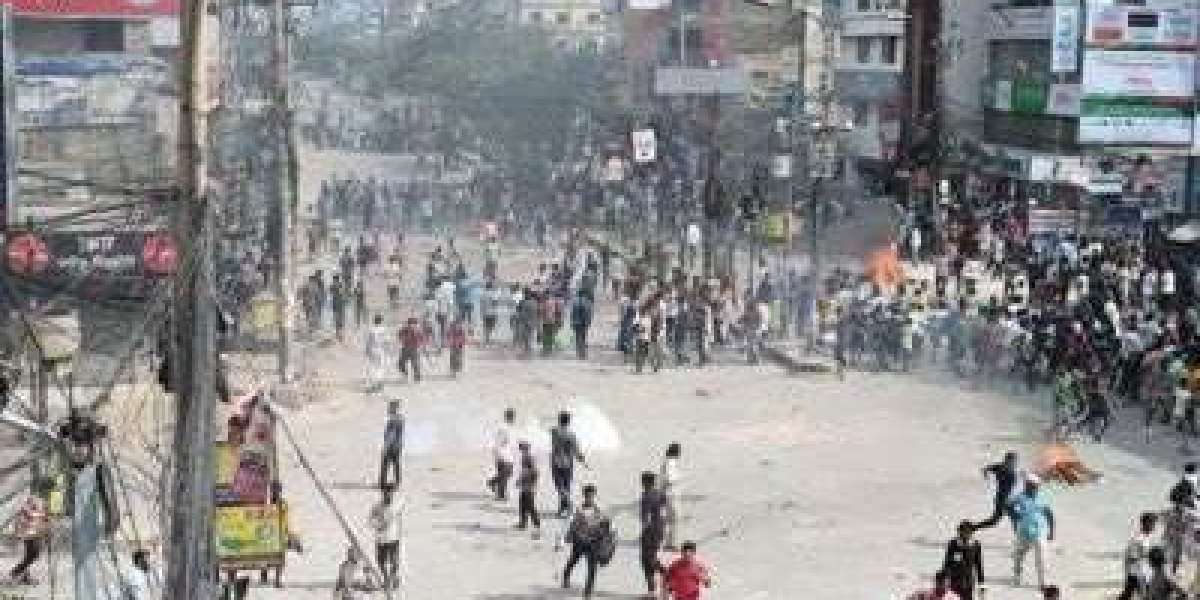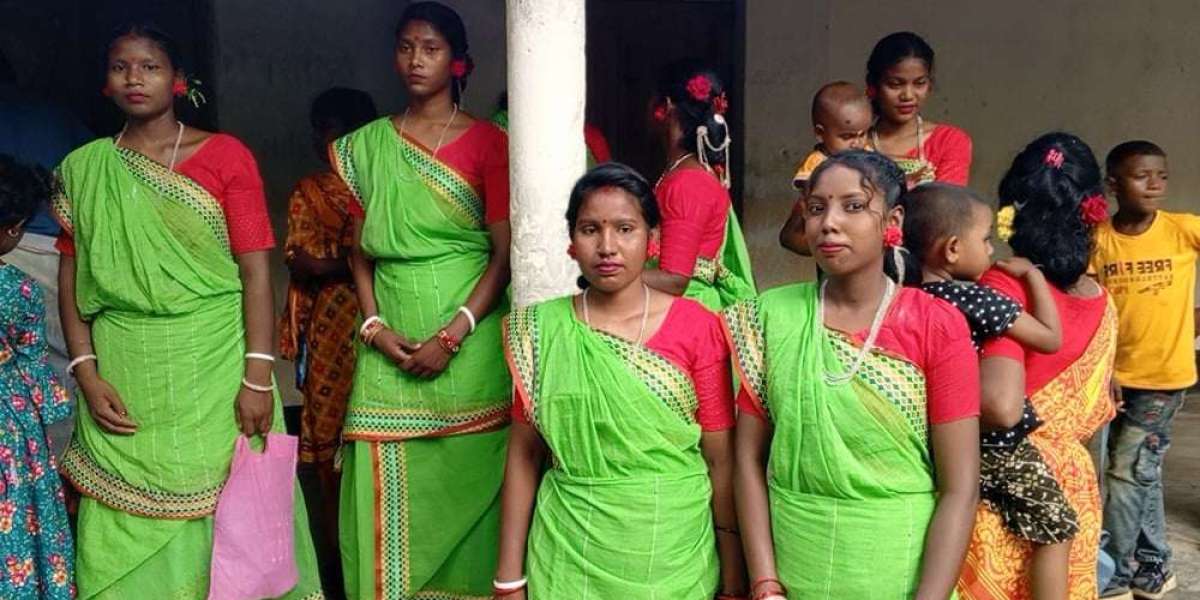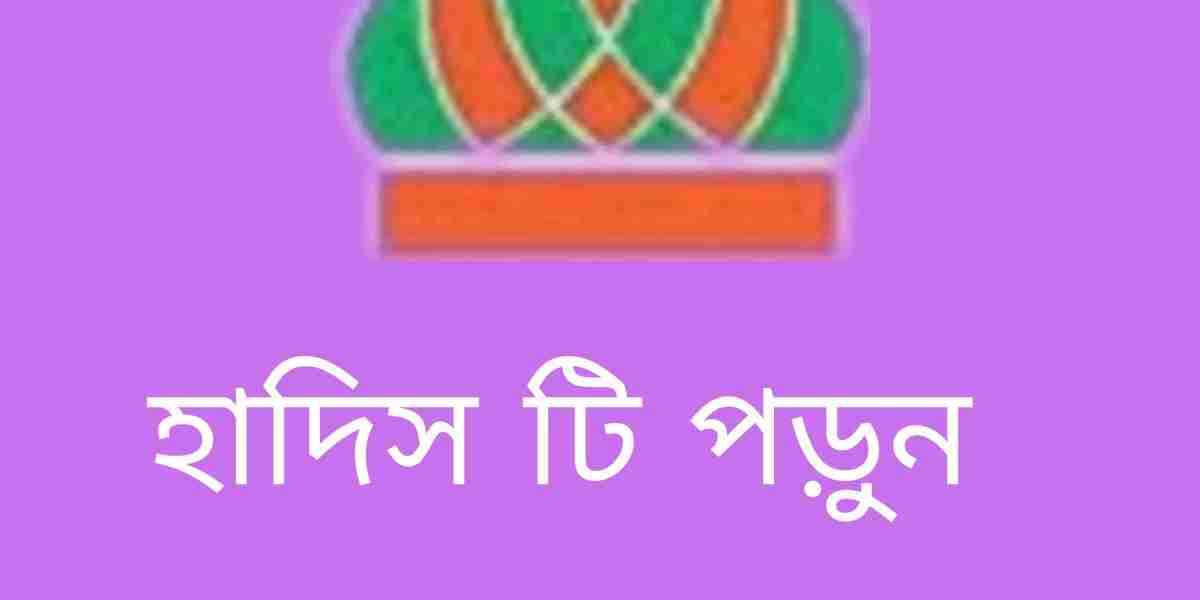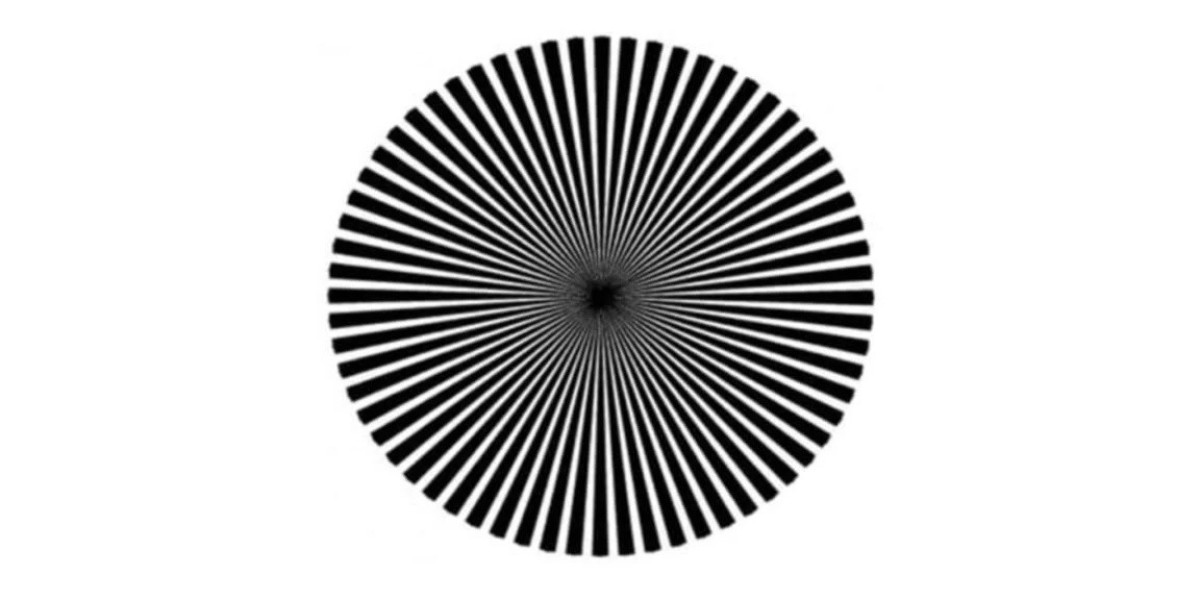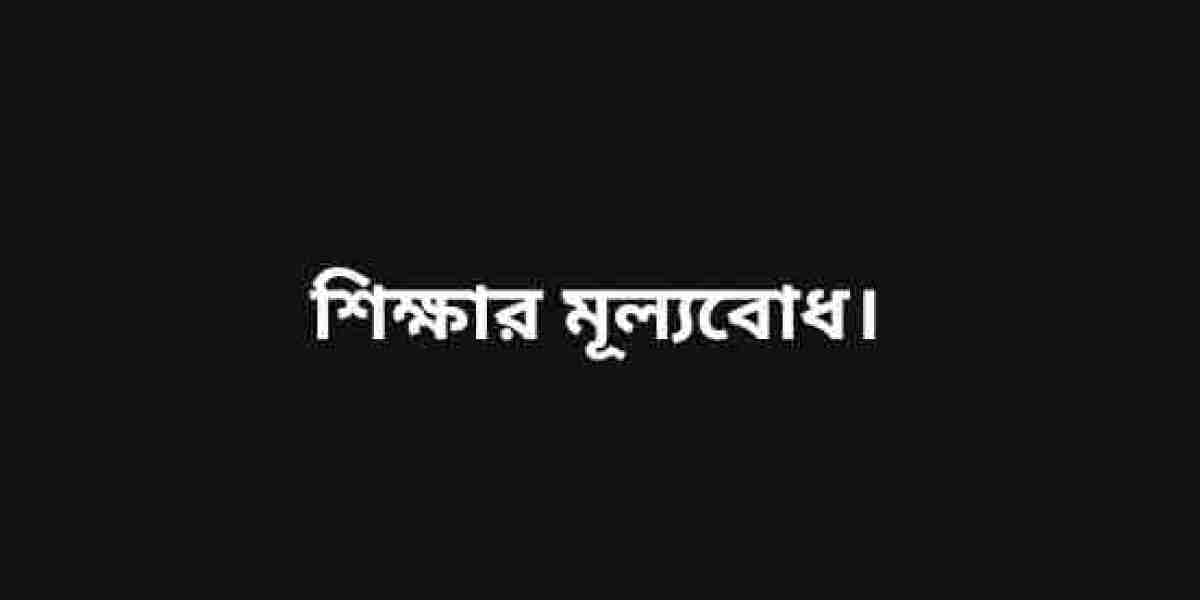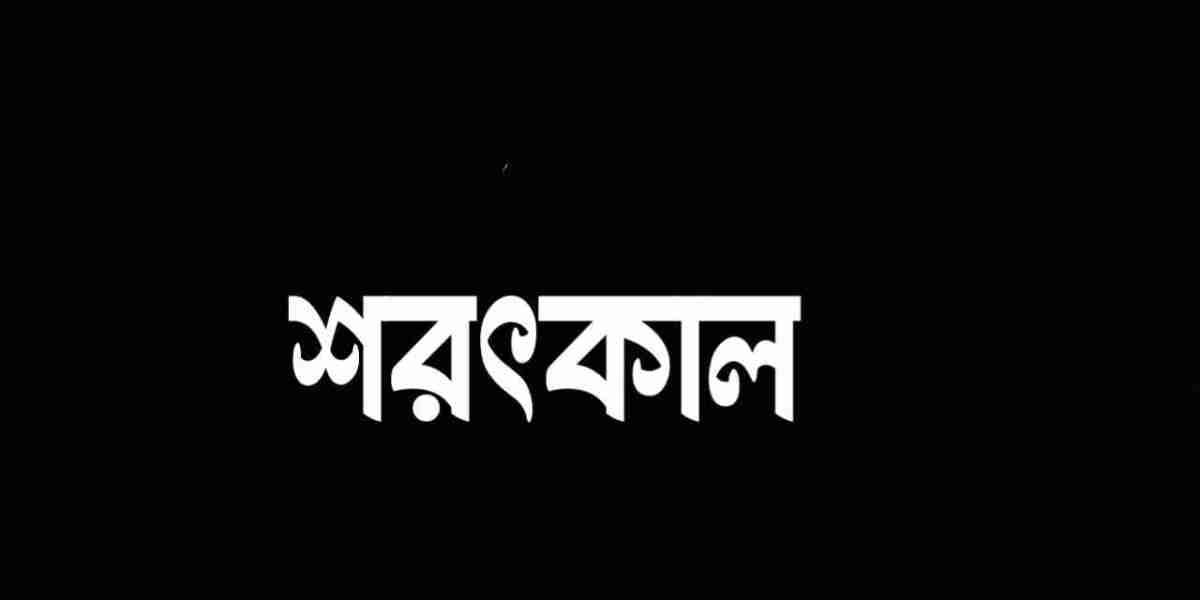The Interior Ministry of the Interim Government said in a statement that the students who actively worked in the field to make the popular uprising a success, will not be prosecuted, arrested or harassed for the events related to the popular uprising organized from July 15 to August 8.
Asif Mahmud Sajib Bhuiyan, Youth and Sports Adviser of the Interim Government, in response to the question why such immunity is needed and who will get immunity, said it will apply to those who participated in the mass movement; So that they do not suffer any harassment.
Earlier on Sunday, he said that the instructions of the Ministry of Home Affairs will come so that no action is taken against the agitators.
He made such comments regarding the arrest of some people in the murder case of a police constable in Sonaimuri, Noakhali.
However, law enforcement agencies can take action by investigating incidents like murder or robbery, he said.
Meanwhile, a notification issued from the police headquarters on Sunday said that till now 3 thousand 195 people have been arrested in 1 thousand 695 cases on October 13. However, the notification said that there is no reason for the students and general public associated with the anti-discrimination movement to be alarmed in this regard.
ZI Khan Panna, chairman of the Bangladesh Human Rights Organization Law and Arbitration Center, told BBC Bangla that there is no chance of impunity for criminal offences. All the attempts that are going on now are illegal.
Another human rights activist, Noor Khan Liton, says that if there is a criminal offence, there is no opportunity to keep it out of the legal process by giving instructions.
Incidentally, during the movement in August, a total of 44 policemen including 13 policemen were killed in Sirajganj and various criminal activities took place in different parts of the country.
At the time of the movement, its organizers said that the agitators had nothing to do with these incidents.
During the uprising, more than seven hundred and fifty people including students, ordinary people, members of law and order forces were killed and several thousand people were injured.
Many public and private buildings and vehicles were attacked, vandalized and set on fire. Attacks on many police stations have also been followed by looting of arms and ammunition. A special operation has also been started to recover those weapons.
Why impunity? Who will get?
Youth and Sports Adviser Asif Mahmud Sajib Bhuiyan told BBC Bangla that the Ministry of Home Affairs has said that there will be no prosecution, arrest or harassment against those who played a role or participated in the popular uprising in July and August.
He said that after any revolution or coup d'état, steps are taken to protect those who participate in it from harassment. There are many historical examples of this. Even after the liberation war, the government made such a decision. So this is nothing new.
But in response to the question whether you are taking responsibility for all the criminal activities that took place during the movement, he said, the directive of the Ministry of Home Affairs is applicable only to those who participated in the movement.
According to him, if someone takes advantage of the movement to loot or attack the police station or commit any such crime, the law enforcement agency can take action subject to investigation.
What is said in the statement of the Ministry of Home Affairs
The statement signed by Faisal Hasan, senior information officer of the ministry, said that no cases, arrests or harassment will be made for the events related to the July uprising organized from July 15 to August 8.
It is said that a new journey has been started on the way to build a new Bangladesh free of discrimination through the overthrow of the dictatorial fascist government in the mass uprising of the students on August 5. The students who actively worked in the field of the movement to make this popular uprising a success, will not be prosecuted, arrested or harassed for the events related to the July popular uprising organized from July 15 to August 8.
It has been further informed by the Ministry that instructions have been given to those concerned to be extremely careful in this regard. Concerned persons were also warned against obtaining any benefits by providing false information in this regard. Faisal Hasan confirmed the truth of this statement to BBC Bengal.
However, the statement did not comment on what will happen to the criminal incidents like police killings and looting during the July and August protests or before and after August 5.
However, after the arrest of three persons in connection with the police killings in Noakhali, coordinator Sarjis Alam wrote in a Facebook post that the arrested boys were members of local juvenile gangs. They are not coordinators, nor regular agitators.
Some opportunists from among the crowd looted weapons from the police armoury, fired at the police and beat up a constable, he wrote. The main reason behind the arrest of the three boys who are being talked about as Graffkar, is that one of them posted on Tik Tok with the illegal weapons he had looted that day.
What are the police saying?
The police headquarters has already informed that a total of 44 policemen have been killed in the clashes centered on the anti-discrimination student movement and student uprising. They also released a list of the policemen killed. It shows that a total of forty-four policemen were killed between July 20 and August 14.
One of the most discussed incidents is the incident of killing 13 policemen by attacking and setting fire to the police station in Enayetpur of Sirajganj. After the murder, a picture of a policeman hanging from a tree with a noose around his neck came in the media and social media. Three policemen were killed and dumped in the pond. The incident took place on Sunday, August 4, the first day of non-cooperation in a one-phase movement to overthrow the government called by the anti-discrimination student movement.
Sirajganj Superintendent of Police Farooq Hossain told BBC Bangla that four cases have been registered in the incident and the investigation is ongoing. He said, legal action will be taken against those found guilty in the investigation. Although almost two months have passed after the incident, the culprits have not yet been arrested.
Apart from this, many police station attacks and weapons looting happened in different parts of the country including Dhaka. The police headquarters' public relations department had earlier given a list of about thirty police stations that had been attacked.
Even though information about cases or arrests in the case of attacks on students during the mass uprising came up in the media, not much action is taken against those responsible for these incidents.
There have also been reports in the media that some of the leaders, workers and supporters of the newly deposed Awami League have died of injuries in attacks or attacks in different parts of the country. But not much is known about cases or arrests in these incidents.
Besides, on September 15, during a discussion with reporters who collected news about crime at the DMP headquarters, Dhaka Metropolitan Police (DMP) Commissioner Md. Mainul Hasan.
He said then, criminal events are never tamadi. Cases will also be filed in cases of police killings and looting of police stations. Although police killing, attack on police station, attack or looting, the law and order forces do not show much initiative.
Meanwhile, the police headquarters said on Sunday that 1,695 cases have been registered against those who attacked, fueled and ordered the killing of the students in order to suppress the anti-discrimination movement. Three thousand 195 people were arrested in these cases on October 13.
The press release also said that there is no reason for the students and general public involved in the anti-discrimination movement to be alarmed in this regard. Police service will be harassment free, people friendly. Bangladesh Police will ensure that no one is subjected to undue harassment.
Murder, robbery can be given impunity?
Lawyers and human rights activists in Bangladesh say that there is no opportunity to declare or legislate impunity for serious crimes such as murder, robbery or arson. Such attempts in the past too have later been aborted.
ZI Khan Panna, chairman of Bangladesh Human Rights Organization Law and Arbitration Center, said that there is no opportunity to give impunity to anyone for any crime. There are also instructions from the High Court in this regard. In the writ that I filed in the High Court in the case of Operation Cleanheart, it was clearly stated that the families of the victims of the murders can file a case for redress. Even though the army was acquitted, the High Court said that they would not be able to get indemnity.
Joint forces conducted Operation Cleanheart from 16 October 2002 to 9 January 2003. At least 40 people died in the custody of the security forces in that operation. A law was passed in the Parliament to exempt the participants of the campaign, but after a writ petition, the High Court declared the law invalid in 2015.
Senior lawyer ZI Khan Panna says that just as measures are being taken against killings and shootings by police or law enforcement forces on students, it is necessary to prosecute incidents like police killings and looting of police stations. Otherwise the rule of law cannot be ensured.
He says that till now there is no clear message from the government about police killings and police station attacks. There is no telling what action they will take.
He also said, "But in every case, all those responsible should be brought to justice." No one can be exempted. An attempt is underway, these are all illegal attempts.
The first ordinance was issued in 1972 with the immunity of all the activities, events and those related to the war during the liberation war in Bangladesh. Later in 1974, the Rakshi Bahini were also given immunity from their actions.
The 'Indemnity Ordinance' issued in 1975 by the then Khandkar Mushtaq Ahmed's government to exonerate Bangladesh's founding president Sheikh Mujibur Rahman after his family was murdered, was repealed in 1996. Later, six of those involved in the murder were tried and punished.
Human rights activist Noor Khan Liton says, if there is a criminal offense, there is no opportunity to keep it out of the legal process by giving instructions. No one can be above justice if he commits a crime according to law or human rights. In that case, now or in the future, there is a chance of litigation or trial in these cases.
He says, but I think the government may have given this instruction to avoid the criticism that has been made in the Dhalao case. Now I hope concrete steps will be taken by investigating the criminal offenses including indiscriminate firing on the student crowd.
